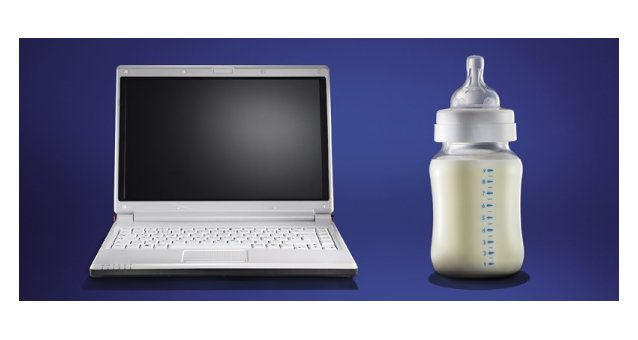EWL welcomes EU Presidency declaration on reconciliation of work and family life

[Brussels, 14 April 2011] The current Trio EU Presidency and Poland have committed to promoting reconciliation of work and family life and have acknowledged that gender equality is an essential factor of reconciliation policies, but make few concrete commitments.
The declaration signed on 1 April by the Trio Presidency of Spain, Belgium and Hungary and Poland who will take over the Presidency in July, addresses the role of reconciliation of work and family life in answering the demographic challenge and in achieving the Europe 2020 targets related to employment and poverty.
The EWL welcomes the commitment made by the Trio Presidency and Poland that reconciliation and family policies must promote equality between women and men, and the acknowledgment that gender equality is fundamental in addressing low birth rates.
The EWL also welcomes the life-cycle approach to reconciliation taken by the Presidencies, the reference to the importance of publicly-funded quality care services for all dependents, the focus on eradicating poverty, and the view that specific attention should be paid to lone parents - almost 90% of whom are women.
However, the EWL regrets that the text is silent about the Maternity Leave Directive, a lkey egislative proposal on which there has been little progress since December 2010 when the Council rejected the European Parliament’s proposal for renewing the Directive. This proposal, supported by the EWL, would significantly improve the minimum standards of maternity leave in the EU and introduce a two week leave for new fathers, both with full pay.
Although the Barcelona child care targets set in 2002 are mentioned, the EWL is disappointed that the declaration only invites Member States to meet and maintain these targets that were supposed to be achieved by 2010 without setting a new deadline.
The EWL is also cautious about the proposal made in the declaration to promote flexicurity policies as a means to benefit workers with family responsibilities. There is strong evidence that flexicurity policies have failed to address the structural dimensions of women’s unequal position in the labour market and women’s over-representation in unpaid work. Women’s work-patterns can already be considered flexible as more than 30% of European women work part time, and this flexibility has a negative impact on women’s economic independence.
The declaration was signed at the end of the ‘family week ’organised by the Hungarian EU Presidency, and the informal Meeting of Ministers of Demography and Family Policy Issues, which took place in Gödöllö, Hungary. Ahead of the week, the EWL issued a Statement calling for inclusive family policies that promote equality between women and men.
Read the full declaration here.




